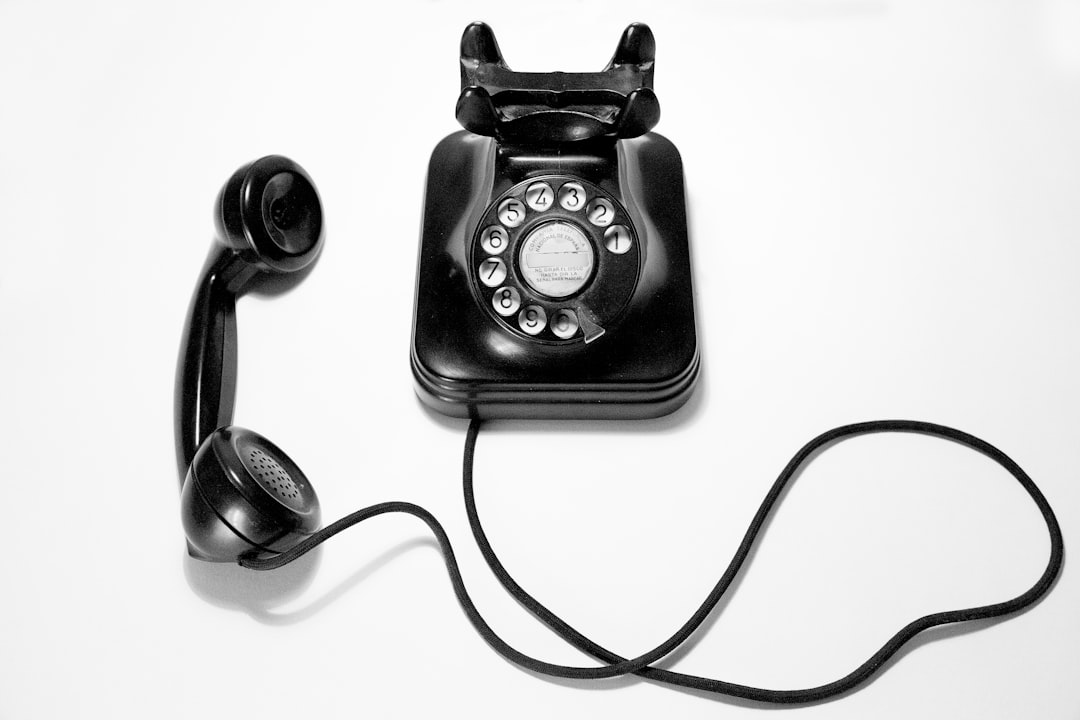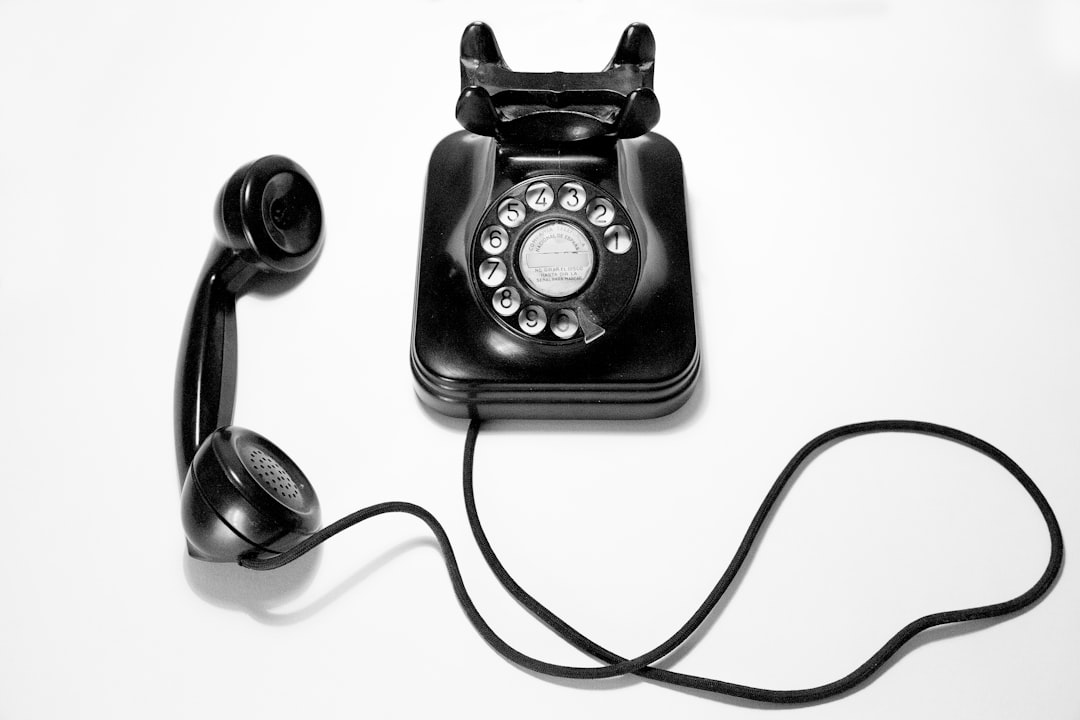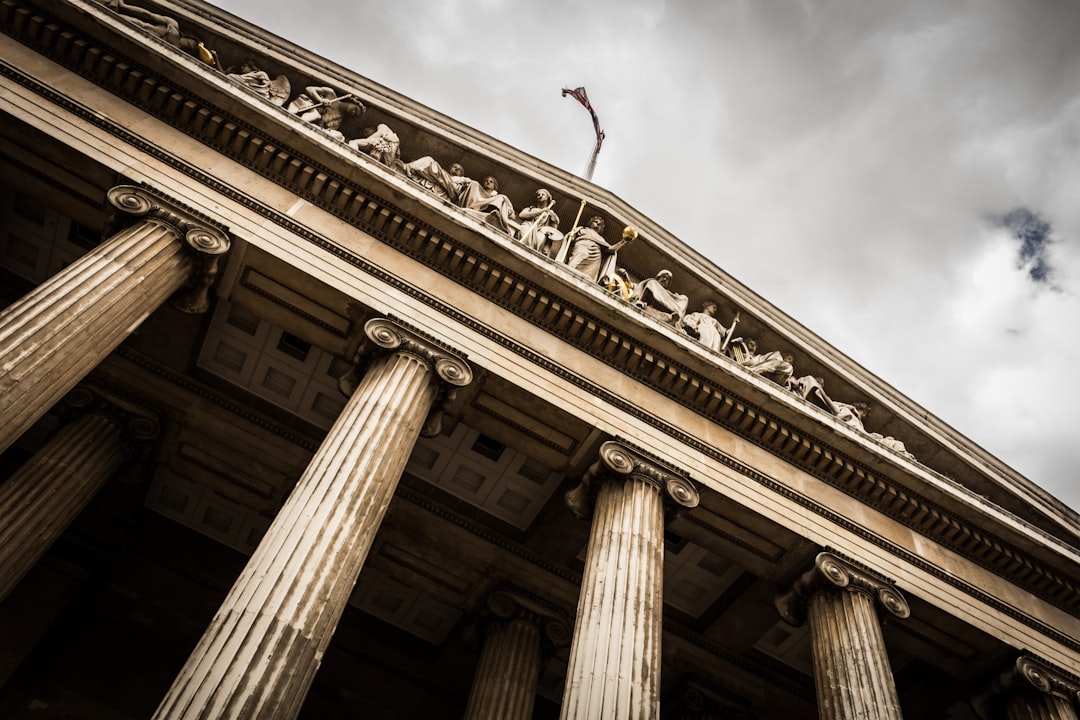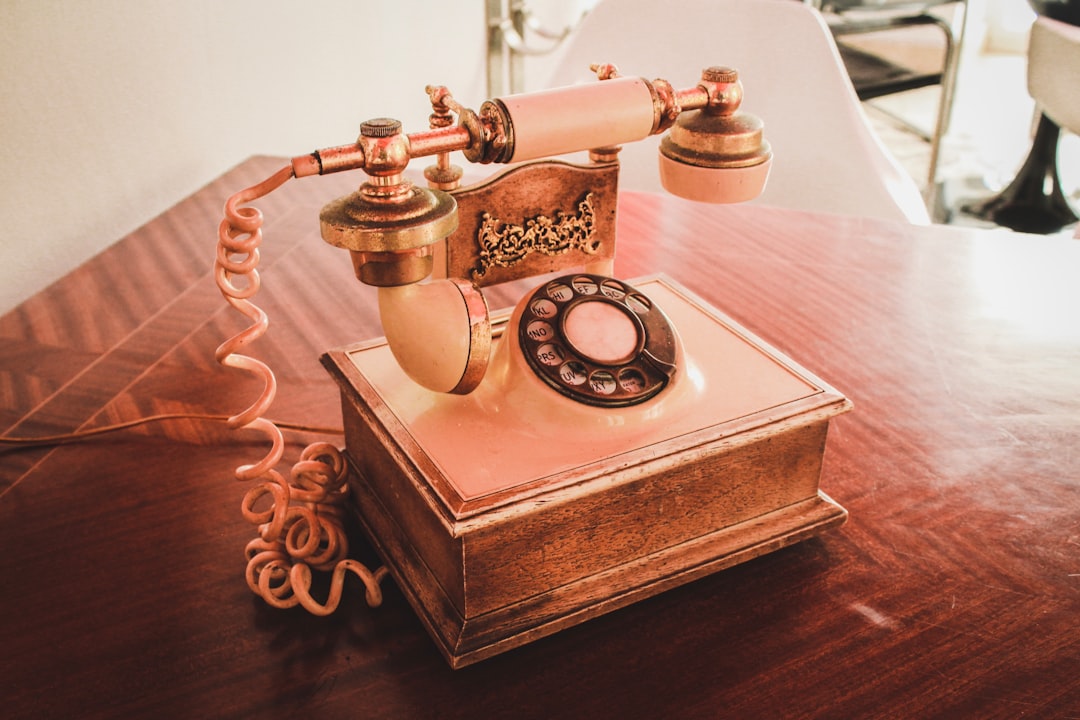Unwanted robocalls in Delaware? A specialized lawyer can guide you through TCPA protections, collect evidence like call logs and recordings, and help hold violators accountable. They navigate complex laws, ensuring your rights are respected and strengthening your case with essential documentation.
Tired of unwanted robocalls? You’re not alone. In Delaware, understanding your legal options is crucial. This guide navigates the evidence needed to sue for robocalls, empowering you to take action. From gathering phone records to documenting calls, each step matters. Learn what types of evidence are essential and why consulting a lawyer for robocall Delaware can significantly enhance your case. Take control and reclaim your peace of mind today.
Understanding Robocall Laws in Delaware

In Delaware, as in many other states, robocalls are regulated by specific laws designed to protect residents from unsolicited and disturbing phone calls. These rules are intended to balance consumer privacy with legitimate marketing efforts. If you’ve received unwanted robocalls, understanding these regulations is crucial before taking legal action.
Hiring a lawyer for robocall Delaware can provide valuable guidance on the evidence required to sue. They’ll help you navigate the state’s Telephone Consumer Protection Act (TCPA) regulations and determine if your case has merit. Evidence typically includes call records, recordings of the robocalls, and any communication that demonstrates the caller’s intent to harass or abuse. With a legal expert by your side, you can gather the necessary proof to hold offenders accountable for violating Delaware’s robocall laws.
Types of Evidence Required for Suing

When considering legal action against robocallers, gathering robust evidence is paramount. In Delaware, as in many states, specific types of evidence are crucial for a successful lawsuit against a robocall violator. Firstly, prove that the calls were automated or prerecorded using voice message transcripts, call logs, or any available technology that identifies automated calls. These records can be obtained from your phone service provider and will serve as definitive proof of the violation.
Additionally, collect evidence of the caller’s identity. This includes obtaining and preserving any data from the call, such as caller ID information, which can be used to track down the source. Testimonies from individuals who received the calls can also strengthen your case, providing details about the frequency, content, and impact of the robocalls. A lawyer for Robocall Delaware will guide you in gathering and presenting this evidence effectively.
Gathering Phone Records and Logs

When pursuing legal action against robocallers in Delaware, gathering comprehensive phone records and logs is an essential step. As a lawyer for Robocall Delaware, you’ll need to obtain detailed documentation to build a strong case. Start by requesting call histories from your service provider, which should include dates, times, duration, and even the geographic location of incoming automated calls. These records can serve as irrefutable evidence, establishing a pattern of unwanted robocalls.
Additionally, consider collecting logs from any devices or applications that block or identify such calls. Many modern call-blocking apps maintain logs that can be exported and presented as digital evidence. This data will not only strengthen your case but also help you understand the frequency and extent of the robocalls, empowering you to take appropriate legal measures against these persistent intruders.
Recording and Documenting Robocalls

When considering legal action against robocallers in Delaware, one of the crucial pieces of evidence you’ll need is a recorded or documented instance of the unwanted call. This could involve secretly recording the conversation (ensure your state laws permit this) or using screen recordings and call logs to document details like timestamps, caller identification numbers, and the content of the message.
A comprehensive record helps establish the case that an automated or prerecorded message was made without your prior consent—a key requirement for suing under Delaware’s consumer protection laws. It’s advisable to consult a lawyer specializing in robocall litigation in Delaware; they can guide you on gathering and preserving this evidence effectively, ensuring it’s admissible in court.
Legal Expertise: Consult a Lawyer

When dealing with robocalls, navigating the legal system can be complex. If you’re considering suing for robocalls in Delaware, consult a lawyer with expertise in telecommunications law and consumer protection is crucial. A qualified lawyer for Robocall Delaware can provide invaluable guidance on the specific evidence required to build a strong case against violators.
They will help you understand the legal framework surrounding robocalls in Delaware, including relevant laws like the Telephone Consumer Protection Act (TCPA), and determine if your rights have been violated. Furthermore, they’ll assist in gathering essential evidence such as call records, recordings, and any communication with the caller to strengthen your case.






